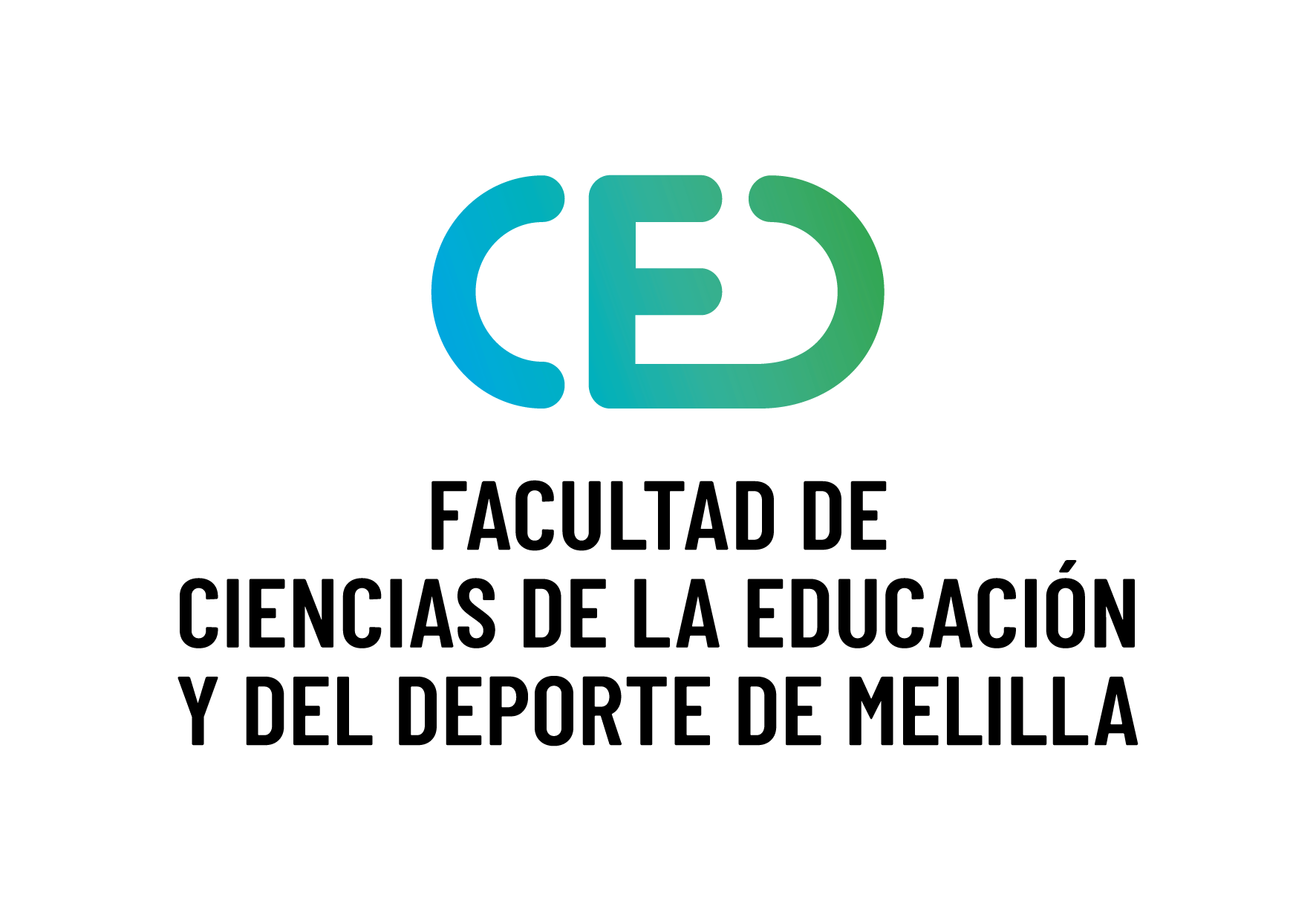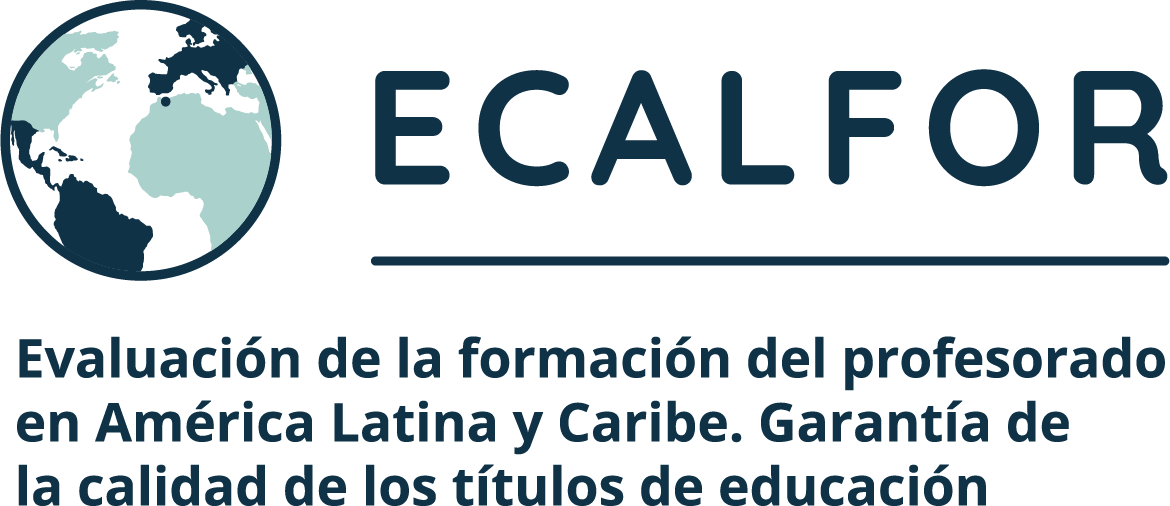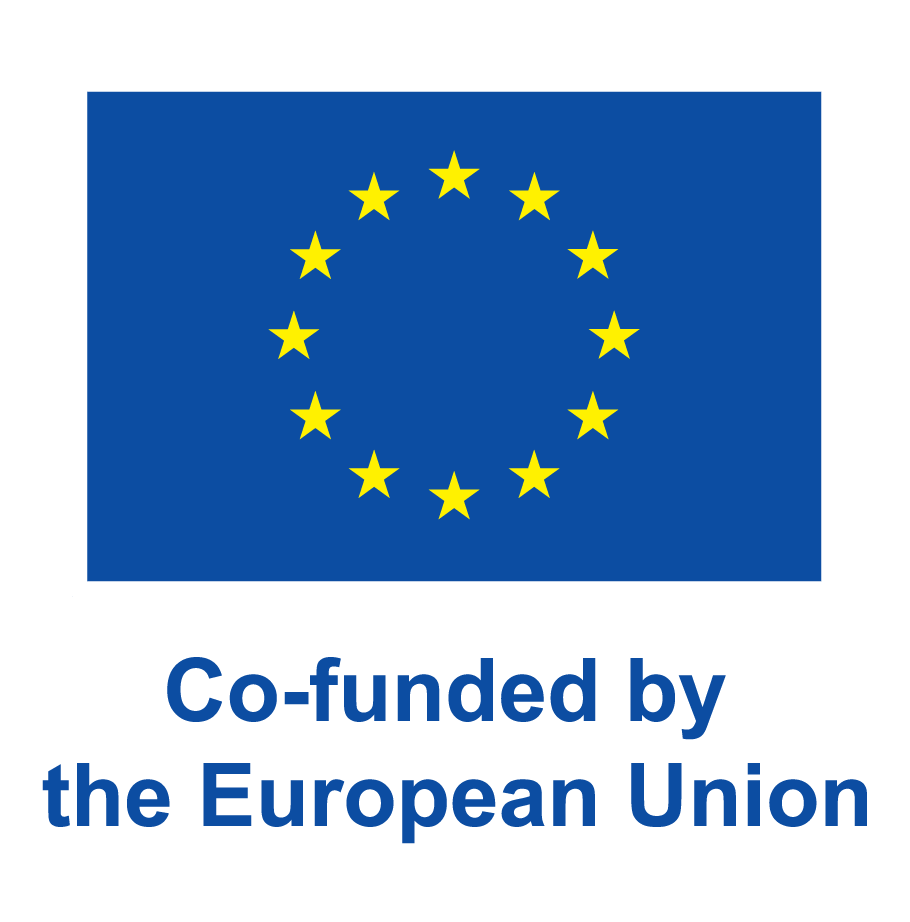







Evaluation of teacher training in Latin America and the Caribbean. Quality assurance of education degrees -ECALFOR- is a project made up of an international consortium of 19 institutions from nine Latin American, Caribbean and European countries, coordinated by Dr. Oswaldo Lorenzo Quiles and led by a group of professors and professors from the Faculty of Education and Sports Sciences of Melilla (University of Granada).
The project was awarded in July 2020 in the European program EPPKA2 -Cooperation for innovation and the exchange of good practices, Action CBHE-JP- Capacity Building in higher education - Joint Projects, with code 618625-EPP-1-2020-1- ES-EPPKA2-CBHE-JP and a financing of 965,045.36 euros.
The recognition that teacher qualification is the key to ensuring quality education is universal. The 2030 agenda of the United Nations establishes the training of teachers as one of the main goals to be achieved within Sustainable Development Goal number 4, so that “between now and 2030 the supply of qualified teachers must be considerably increased, including through international cooperation for teacher training in developing countries, especially least developed countries and small island developing states ”(United Nations, 2015, p. 20). Likewise, the latest report from UNESCO's Regional Office of Education for Latin America and the Caribbean (OREALC) (2013) establishes that “whatever the institutional arrangement and resources used by an educational system, its quality cannot be better than that of their teachers ”(OREALC-UNESCO, 2013, p. 13). It is concluded that a large part of the efforts should focus on the training of teachers to improve the level of the school system. The same report from UNESCO's Regional Office of Education for Latin America and the Caribbean (OREALC) (2013) identifies a series of critical issues in initial teacher training.
The member countries of the EU (Spain, Italy, France and Finland), countries of the program, although they start from common premises established within the European Higher Education Area (EHEA) in relation to aspects of structure and operation of university education They have diversity and autonomy from the Higher Education Institutions (IES) themselves. Although the quality assurance of higher education is determined by the European guidelines of ENQA European Association for Quality Assurance in Higher Education, which governs the operation of European universities, it is positive to analyze the protocols and instruments used by each institution in the evaluation of the different indicators and results of the quality of university training for compulsory education teachers. Likewise, the accumulated experience in quality assurance mechanisms and procedures in these countries can be transferred, adapted and contextualized to the partner countries through collaborative, horizontal and transnational work.
Regarding the partner countries of the consortium, the Latin American and Caribbean territory has very diverse training models and structures, with a high number of private HEIs compared to public HEIs, contrary to what happens in the EU. This fact is linked to a series of problems and needs.
The countries of the European Union consortium, as well as, especially, the associated countries work in a coordinated and horizontal way, to:
The target groups that will benefit after developing the planned activities, in order to meet their needs, are the following:
The triad of cooperation, international exchange and integration between the institutions of the consortium for the promotion and improvement of higher education in the partner countries is conceived as a new norm in the global experience of academic learning and training (Feuer & Hornidge, 2015). If reference is made to a political trend or direction, mention should be made of internationalization, Europeanization and globalization (eg the general descriptions in Blumenthal et al., 1996; De Wit 2002; Wachter 1999). What is promoted from interregional cooperation in the project is the strengthening of a growing role of long-distance transport of knowledge in higher education from the scope of the program countries to the associated countries, plus a complex scenario of multilevel actors, This is where exchanges with the consortium's EU member states (Spain, Finland, France and Italy) come into play, where capacity development will be promoted, through the exchange of experiences and good teaching practices, as well as mobility, with partner countries (Brazil, Ecuador, Mexico, Panama and the Dominican Republic).
Investments in higher education, to promote competitiveness and economic growth, have stimulated Higher Education leaders to seek ways to effectively use available resources to increase quality and efficiency in Higher Education, especially in program countries. A widely advocated strategy to achieve this is through increased regional cooperation and cross-border collaboration among HEIs (both from and between program countries and partner countries) as well as with professional institutions. Such partnerships should include student and faculty exchanges, joint and dual degree programs, university peer twinning, and the formation of university networks.
This project provides operational recommendations to support participating HEIs in the search for interregional cooperation and cross-border collaboration in the development of higher education, specifically that aimed at the training of teachers of compulsory education (primary education and secondary education) .